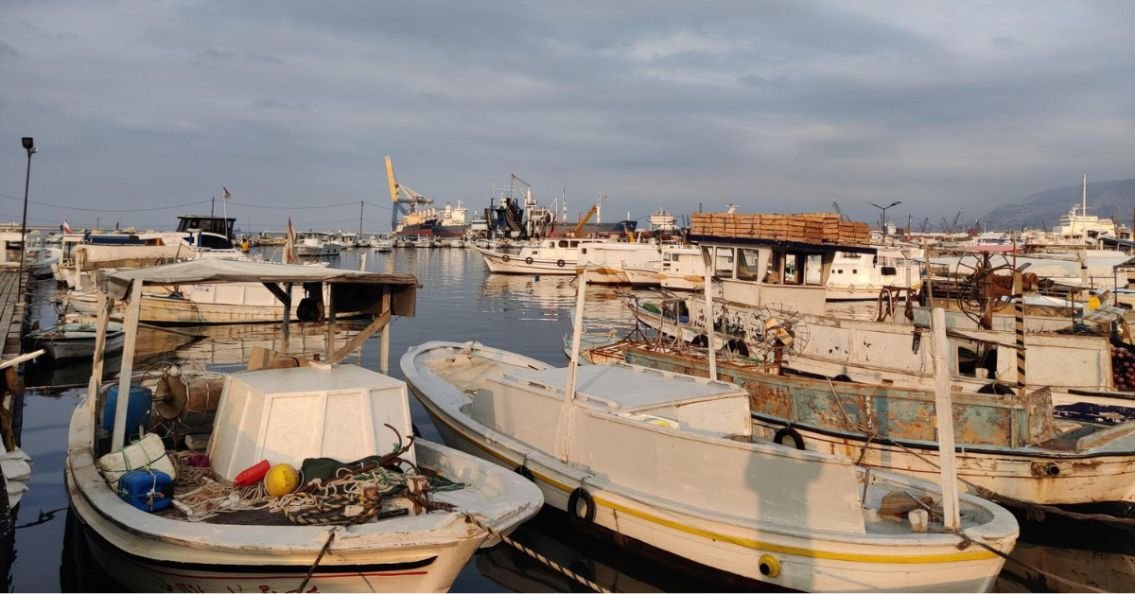Lloyd’s List: Analysts diverge on shipping risk in Middle East Gulf but warn of volatility
Lloyd's List's senior maritime reporter Tomer Raanan, recently queried MENA analyst Kais Makhlouf and other security experts to gather insights on the current risk faced by shipping in the Middle East Gulf.
20 October 2023
The original release date of the article was 20 October 2023, as published by Lloyd's List.
The US has reportedly frozen $6 billion of Iranian oil money, which was part of a prisoner exchange deal with Iran. This decision is seen as a significant development with potential consequences. Security analysts have varying opinions on the risks to shipping in the Middle East Gulf as a result of this action.
Some analysts, like Martin Kelly from EOS Risk Group, believe that the freezing of funds increases the risk to shipping in the region, particularly in the Strait of Hormuz, Gulf of Oman, and the Arabian Sea. This is because historically, when Iran has been deprived of oil revenue, it has resorted to attacks like limpet mine attacks against vessels.
However, others, such as Arran Kennedy from Control Risks, think that Iran is not interested in a major escalation that could result from such attacks. They believe there is not currently an increased risk to shipping in the region, although the situation remains volatile. The freezing of funds has been a factor in Iran's previous seizures of vessels, such as the case of the chemical tanker Hankuk Chemi in 2021. Still, targeting ships in the Middle East Gulf, where there is a significant U.S. military presence, may not help ease tensions.
According to Risk Intelligence MENA analyst Kais Makhlouf, Iran might seek retaliation, but it is likely to be cautious about escalating the situation, considering the presence of a mobilized U.S.-Israel alliance. “A vessel strike, be it through seizures, limpet mines, or drone strikes is a tool they will likely consider,” he told Lloyd’s List. “However, it certainly isn’t their only option for retaliation, and the retaliation doesn’t need to happen now”, he added.
He further explained that the main threat is directed at Iranian, Israeli, and U.S.-linked vessels in the region, with a possibility of collateral damage to third-party vessels if tensions between Israel and Iran intensify. Additionally, Iran may opt to retaliate through militias it supports in the Middle East.
In recent days, Iranian proxies have launched multiple attacks on US forces in Syria and Iraq, likely in response to the US' support for Israel. While, a US destroyer intercepted and shot down drones and missiles from Yemen backed by Iran. “Any Iranian action now would highly likely be tailored to ensure that there is no place for misinterpretation, to avoid an out-of-control escalation of hostilities in the region,” Makhlouf said.
The fate of a $6 billion deal remains uncertain, and there is mounting pressure from U.S. lawmakers to take action against Tehran. US diplomats defend prisoner exchange deal post-Hamas attacks, stating funds can only be used for humanitarian purposes under US supervision.
Read the article in full here (paywall).
LEARN MORE:
There are several Risk Intelligence reports that can help you assess the risk of a specific route, or provide further background for decision-making.
Risk Intelligence’s risk assessment reports feature in-depth analyses of current or forecasted threats for specific client operations - a region or a route - and serve as a foundation for decision-making. Our Security Risk Assessments are complete operational assessments containing a range of analytical components, enabling our clients to optimise their security risk management, reduce security costs and losses, and ensure compliance.

